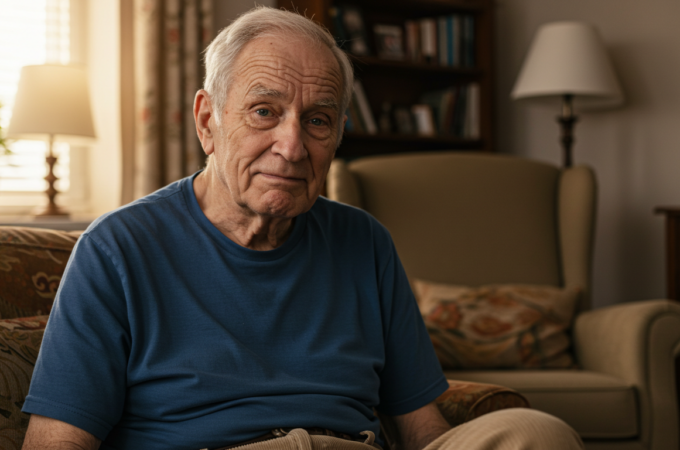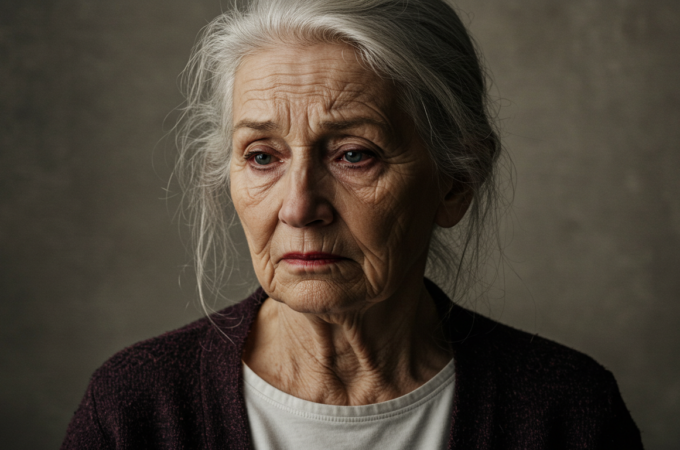Anna Chen, Associate, Gowling WLG (Canada) LLP This was the question addressed in the recent decision Orr v Orr, 2025 ONSC 4986. In Orr, 82-year-old William Orr (“Bill”) was diagnosed with advanced Alzheimer’s Disease and moved into a secure ward at McCormick Home, an accredited long-term care home in London,…
Category: Elder Care
Today’s blog was written by Melissa Miller of Howie, Sacks & Henry LLP Imagine that you have a loved one in a retirement home and it’s been an unusually long time since you heard from them, or you cannot get a hold of them in the usual way. You finally…
By: Maddi Thomas, associate and Sukhman Sangha, articling student Gowling WLG (Canada) LLP Mental capacity continues to be a growing area of focus in estates law. Capacity, defined under the Substitute Decisions Act, 1992 (“SDA”) as the ability to understand and appreciate decision consequences, is assessed through medical and…
This blog post was written by Hannah Zip, Estate and Trust Consultant, Scotiatrust Toronto People over the age of 65 accounted for 19% of the Canadian population in 2023, according to Statistics Canada. This diverse and growing group of individuals commonly encounters ageism, one of the remaining socially accepted “isms”….
This blog post was written by Dave Madan, Senior Manager, Scotiatrust Elder abuse remains one of the most underreported and misunderstood social issues, often concealed beneath the veneer of familial obligations and trust-based relationships. For professionals, understanding the intricate dimensions of elder abuse is not only a matter of professional…
“Your credit card starting with 4567 has been locked due to suspicious activity. To restore access to your account, please verify your information using the link below.” Older people are 33% more likely to lose money in a scam than any other age group, according to Elder Abuse Prevention Ontario,…
Elder care gaps occur as family structures change, and there may be unanticipated and challenging consequences. For parents who have long divorced, those who have remarried, and those with blended families, this may mean that adult children are now dealing with three or more parents and stepparents. As the caregiver…
Cases of dementia are rising at an alarming rate, creating a public health crisis. At some point, most of us will either know someone living with dementia or someone who is caring for a person with the disease. As advisors, we must become proactive and purposeful by learning about dementia…
In the estates context, undue influence is often alleged in order to challenge a will or an inter vivos transfer of property, often a family home or cottage. When a party in a legal dispute alleges that there was undue influence which party bears the burden of proving (or disproving)…
Recently, an elderly patient suffering from moderate-to-advanced stage dementia, with behavioural complications, was hospitalized on a psychiatric admission. The patient, who was declared incapable to consent to treatment, was initially held involuntarily under the Mental Health Act, RSO 1990, C M.7 (the “MHA”). The patient had appointed a cousin as…








